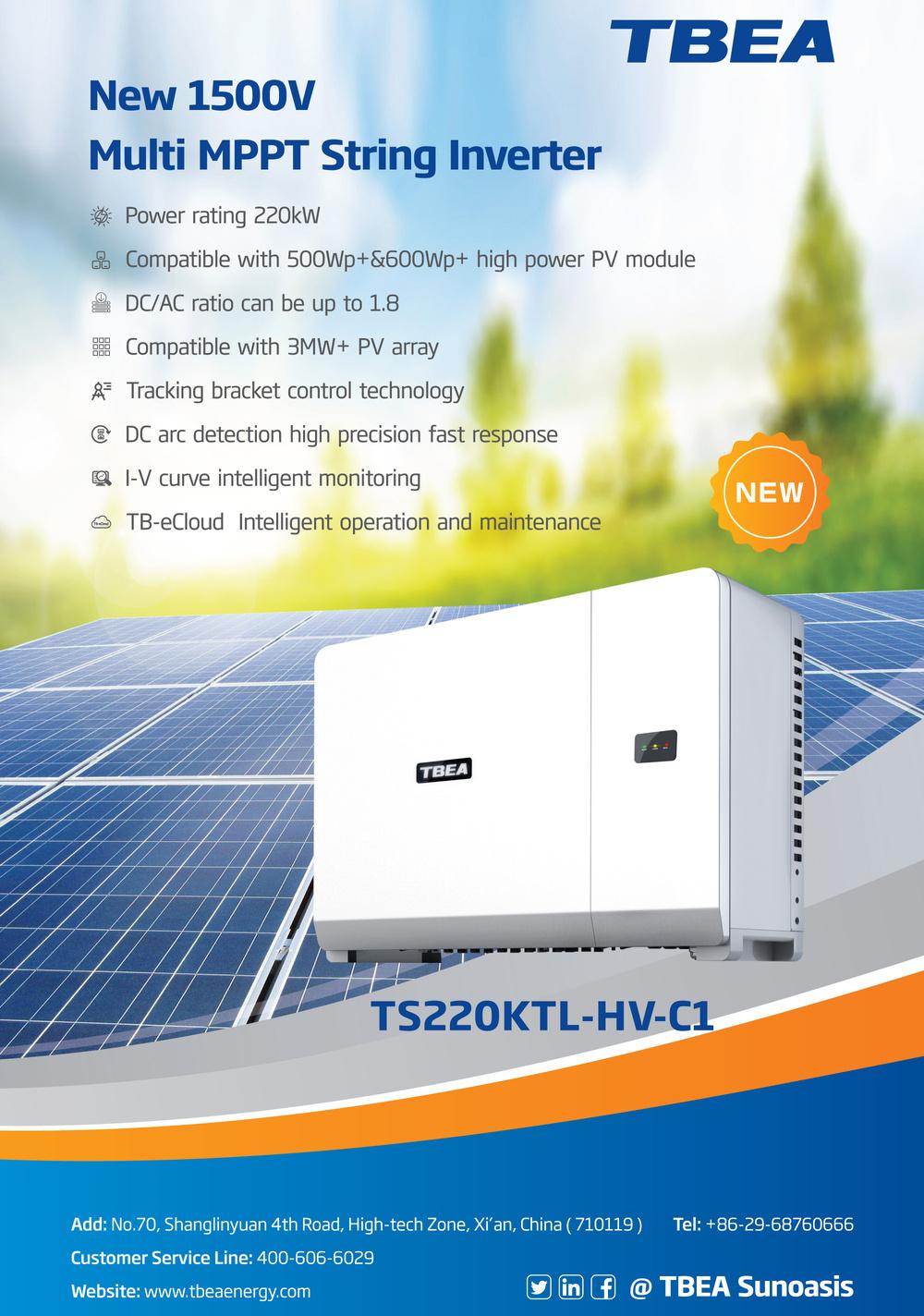
2 minute read
COVER COVER STORY STORY
ESS in the Middle East Can Boost the Future of Distributed Solar Segment
A key factor in ensuring the future of the distributed solar market could be the Middle East's implementation of energy storage technologies Energy storage system (ESS) can increase grid security and stability as the use of renewable energy sources increases particularly solar These systems can guarantee a consistent supply of energy even during periods of low generation by storing extra energy produced during peak hours, minimizing the need for conventional power sources Additionally, energy storage technologies are essential to the future of the distributed solar sector, particularly in the Middle East where solar energy is abundant
Advertisement
Energy storage system make it possible to store excess energy produced during the day and use it later, minimizing the requirement for conventional grid-tied electricity
Energy storage system can also assist in optimizing the use of renewable energy sources, raising their general efficiency. By further lowering the cost of energy production, a greater population will be able to afford it
Due to its plentiful solar resources and high levels of solar irradiation, the Middle East region is especially well suited for the installation of energy storage devices As a result, it is ideally situated for the development of distributed solar energy systems, which can aid in meeting the expanding energy needs of the area Energy storage systems can increase the efficiency and dependability of solar power systems in the area, guaranteeing that power is always accessible even when there is little sunlight or when there are power outages. This might significantly accelerate the region's adoption of solar energy and help the transition to a more sustainable energy future
To fully utilize the potential of energy storage systems in the area, there are still a few issues that need to be resolved. To promote the expansion of this business, for instance, more funding must be allocated to research and development as well as regulatory frameworks that are friendly to it Energy storage systems can also provide utilities and grid operators several advantages, including increased grid stability and the capacity to integrate more renewable energy sources
Overall, the Middle East can play a significant role in safeguarding the future of the rooftop solar market by deploying energy storage systems, which will also assist to advance energy security and sustainability in the area. Additionally, the Middle East's distributed solar industry has a lot of potential for the future, and the integration of energy storage technologies with solar power systems is anticipated to fuel market expansion over the next several years


Rooftop solar PV systems have grown in popularity in the Middle East recently as a strategy to lessen reliance on fossil fuels and lower energy prices Rooftop solar PV systems can offer dependable and sustainable electricity for both residential and commercial structures when coupled with energy storage technologies
The region's harsh temperatures, erratic grid infrastructure, and high electricity demand during peak hours present issues, but energy storage solutions can help The energy storage system can function as a dependable supply of power during peak hours by storing excess energy produced by the rooftop solar PV system during off-peak hours, minimizing the need for gridsourced electricity and preventing grid disruptions
In the Middle East, a variety of energy storage technologies can be employed with rooftop solar PV systems, such as due to their high energy density and extended lifespan, lithium-ion batteries are the most widely employed kind of energy storage in the Middle East Lead-acid batteries: While less expensive than lithium-ion batteries, lead-acid batteries have a lower energy density and a shorter life period Flow batteries: Flow batteries are a more recent technology with higher energy densities and lifespans than lead-acid batteries, but they also cost more Compressed air energy storage (CAES): In CAES systems, surplus energy is stored in compressed air and released when power is required.
To improve energy efficiency and cut expenses, it is crucial to make sure that the energy storage system is appropriately linked with the rooftop solar PV system As a result, the Middle East may meet its energy needs while lowering its reliance on fossil fuels by utilizing rooftop solar PV systems in conjunction with energy storage systems









